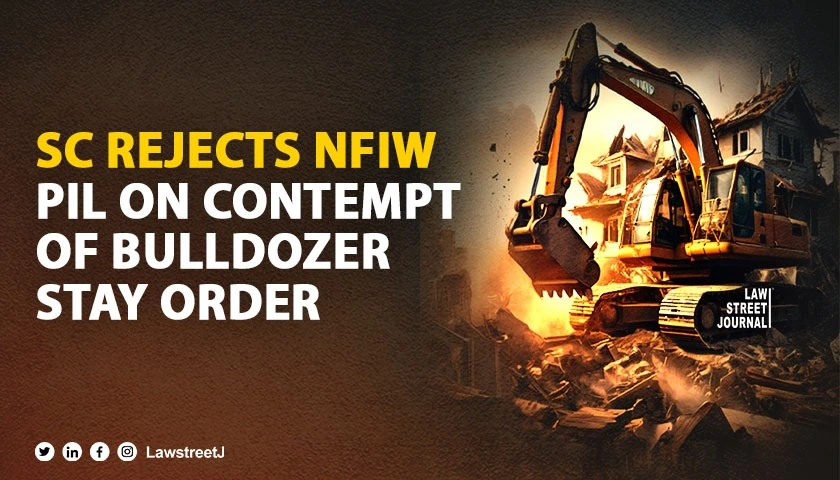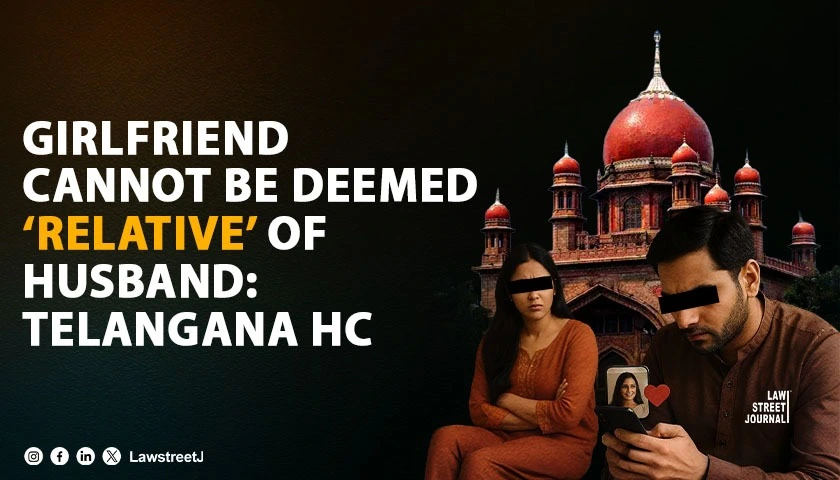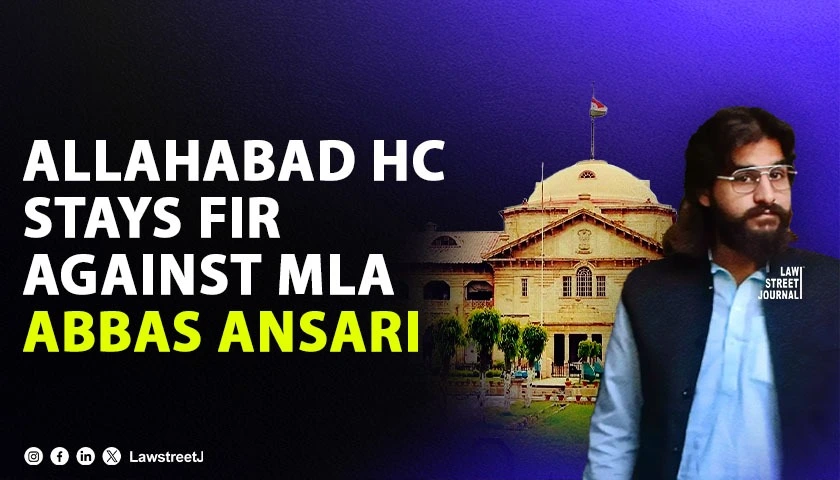New Delhi: The Supreme Court today (24 Oct 2024) refused to entertain a Public Interest Litigation (PIL) filed by the National Federation of Indian Women (NFIW) alleging contempt of the court’s interim direction to stay demolitions without permission. The PIL claimed that the governments of Uttar Pradesh, Rajasthan, and Uttarakhand carried out demolitions despite a previous court order requiring judicial approval before such actions.
The bench, comprising Justices B.R. Gavai, P.K. Mishra, and K.V. Viswanathan, was not inclined to entertain the petition, stating that the PIL had been filed by parties who were neither directly nor indirectly affected by the demolitions.
Supreme Court Dismisses PIL Citing Lack of Direct Involvement in Demolition Cases
Advocate Nizam Pasha, representing NFIW, argued that demolitions had been carried out in places like Haridwar and Jaipur, despite the Supreme Court’s clear direction that no demolition could occur without the court’s permission. He emphasized that there had been three instances of such violations. Pasha further noted that journalists played a crucial role in bringing these instances to light, despite the hardships they faced.
“Let Journalists Come Forward,” Says Justice Gavai on Media Reports of Illegal Demolitions
Responding to the allegations, Additional Solicitor General (ASG) K.M. Nataraj, appearing for the Uttar Pradesh government, justified the actions as being against footpath encroachment. He also pointed out that the petitioner was relying on media reports and lacked a direct connection to the affected areas.
Justice Gavai, addressing Pasha’s concerns, remarked, “Let the journalists come then.” He further explained that the Court was “not inclined to entertain the petition” as it had been filed by individuals who were not aggrieved by the demolitions. However, the Court left the door open for future cases, stating that if a genuine party from the affected area came forward, the Court would consider their plea.
In its oral observation, the bench reiterated its unwillingness to “open Pandora’s box” based on third-party reports and emphasized that only directly affected persons could bring such issues before the court.

















